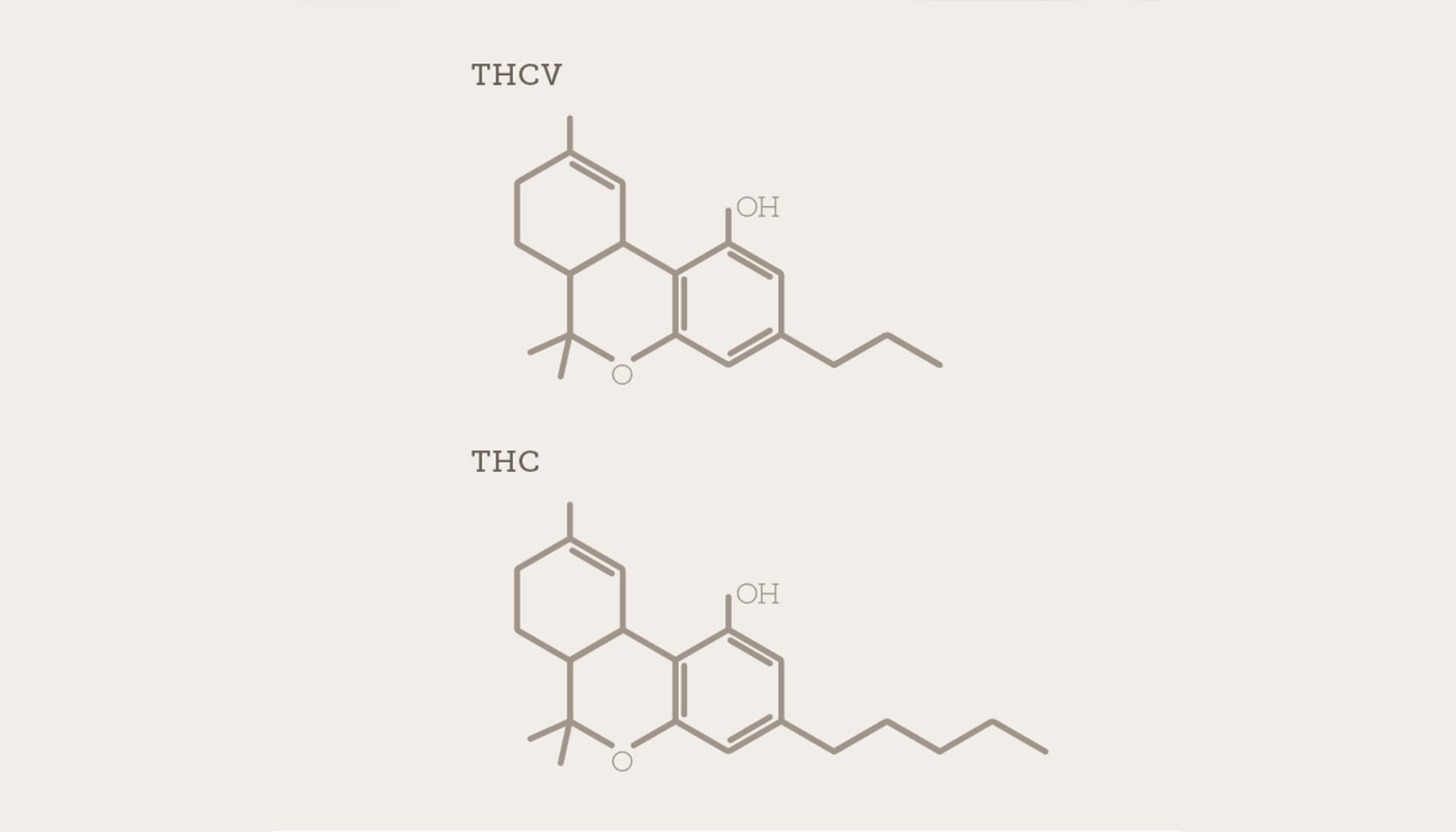Tetrahydrocannabivarin (THCV) is a cannabinoid substance found in cannabis and hemp plants. It's chemically similar to tetrahydrocannabinol Homepage (THC) however with some key differences. Here's everything you need to understand about THCV consisting of the risks, benefits, differences, and resemblances with other kinds of THC and more. What Is THCV? THCV is a less common cannabinoid discovered in some stress of cannabis, specifically African sativa.
 What is THCV? Understanding “Diet Weed” - Elevate Holistics
What is THCV? Understanding “Diet Weed” - Elevate Holistics
 What is THCV? Cannabis Glossary Leafly
What is THCV? Cannabis Glossary Leafly
 What is THCv Cannabinoid Explained - leafipedia.net
What is THCv Cannabinoid Explained - leafipedia.net
THCV has a 3-carbon side chain rather than THC's 5-carbon side chain. This distinction is subtle, but it has a noticeable impact on the result profile. THCV is somewhat psychoactive but only about and about. What Does THCV Feel Like? THCV has a strong energy-boosting element to it, which makes it specifically popular amongst students and professional athletes.
In the United States, THCV policy is nuanced. THCV is not a Schedule I Drug, but cannabis extracts are making it rather ambiguous what the federal position is on THCV. The 2018 Farm Expense mentions that hemp plants and all derivatives of the plants are legal on a federal level, numerous companies comply with this law and still supply THCV to consumers by just extracting the substance from hemp plants.
If THCV is considered a THC analog, it might be managed in the future by the same guidelines as THC under the Federal Analog Act. This act specifies that any compound that shares a comparable molecular profile as a known forbidden compound it's included in the same drug Schedule classification.
What Are the Effects of THCV? Supporters of THCV report that it produces an extreme burst of energy and makes them feel blissful without the mental cloudiness caused by THC. The effects are incredibly mild compared to THC. The results are nearly exclusively cognitive yet somehow have extremely little effect on headspace.
2. THCV & Appetite Some THCV users claim that it curbs their cravings. This is a common effect of other focus-enhancing compounds. It's as though THCV removes the diversion of other physical procedures (like appetite) in order to maintain resources and attention to cognitive jobs instead. How Does THCV Work? Cannabinoids produce biological results in the body by interacting with endocannabinoid receptors.
CB1 receptors are located in the anxious system and engage with neurotransmitters in the brain to produce mind-altering effects. Interaction with CB1 websites is what offers some cannabinoids like THC their psychoactivity. THCV is a bit difficult to comprehend since it's primarily a CB1 antagonist, meaning it has the opposite impact as THC.
While scientists are still seeking to understand this process, it appears THCV is able to obstruct the effects of CB1 in low dosages and promote them in high dosages. CB2 receptors are discovered primarily in the immune system. THCV is a partial agonist of CB2, but the impacts of this partial activity aren't widely known, and it relatively has no discernible impact on THCV users' experience.
As pointed out in the previous section, THCV is a CB1 villain in low dosages which is the exact opposite effect of delta 8 and delta 9 THC. This might suggest that THCV neutralizes a Additional resources few of the psychedelic results of THC. This impact might explain why individuals who utilize THCV feel so clear-headed especially compared to the infamous "fogginess" caused by delta 9 THC.